What Happened in Georgia: The West, Georgia and Russia
In recent weeks, violent protests in Georgia have drawn the world’s attention to the Caucasus. The reason behind the demonstrations was the draft law on “Transparency of Foreign Influence”, which was passed in the first reading by the Georgian parliament on March 7. The demonstrators’ slogans “Down with the Russian law”, referring to the similarity of the proposed bill with the laws in Moscow, were quite striking. Russian Foreign Minister Sergey Lavrov likened the protests to the 2014 Kiev Square events, while the US and EU condemned the decision. On March 10, the ruling Georgian Dream Party announced the withdrawal of the draft law. In this article, we will analyze Georgian-Russian relations and Georgia’s EU accession process through recent events in Georgia.
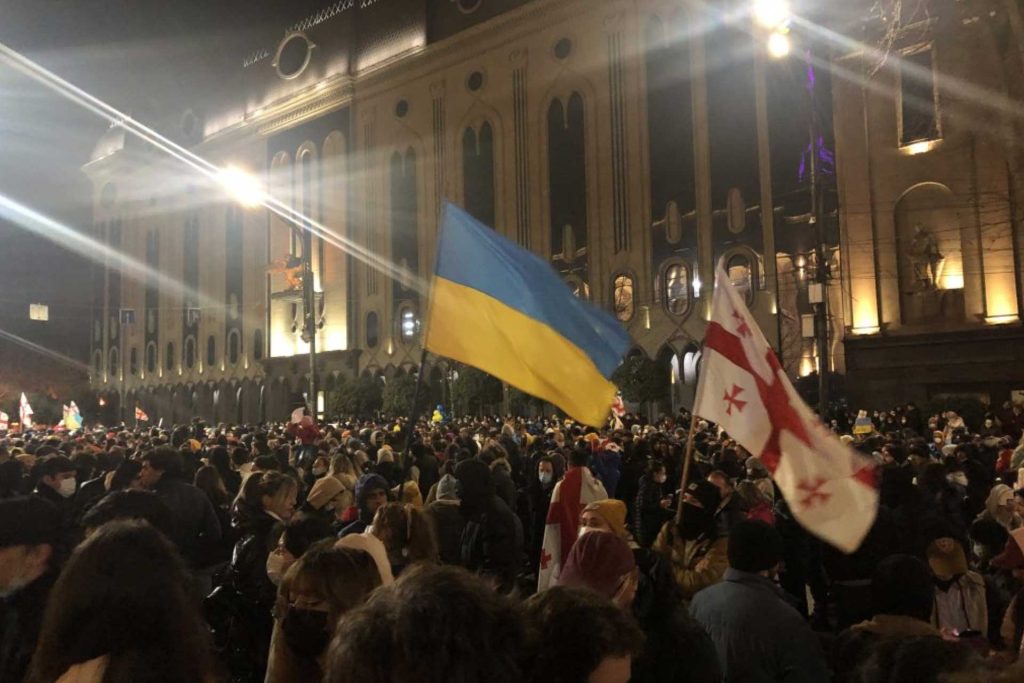
What was the draft law on “Transparency of Foreign Influence” and why was it protested?
The bill was proposed by the People’s Power Party, a close partner of the ruling Georgian Dream Party, known for its anti-Western stance. According to the law, media outlets and NGOs that receive more than 20% of their annual funding from abroad would have to register themselves as “Foreign Agents” every year or face a fine of 25,000 Lari. It was feared that if the law were to be implemented, freedom of the press in Georgia would be curtailed, NGOs would be suppressed and, naturally, Georgia’s EU accession aspirations would suffer. This was undoubtedly motivated by the fact that a similar “foreign agent” regulation legalized in Russia in 2012 targeted Western-funded NGOs and media in the following years. The Justice Department’s rhetoric that the move would “help uncover foreign agents” and the law’s supporters’ claim that the United States has similar legislation (FARA: Foreign Agents Registration Act: Foreign Agents Registration Act), but the political divide between the government and the people was very pronounced. During the protests, dozens of people were injured (due to rising tensions between police and protesters) and nearly 150 people were detained.
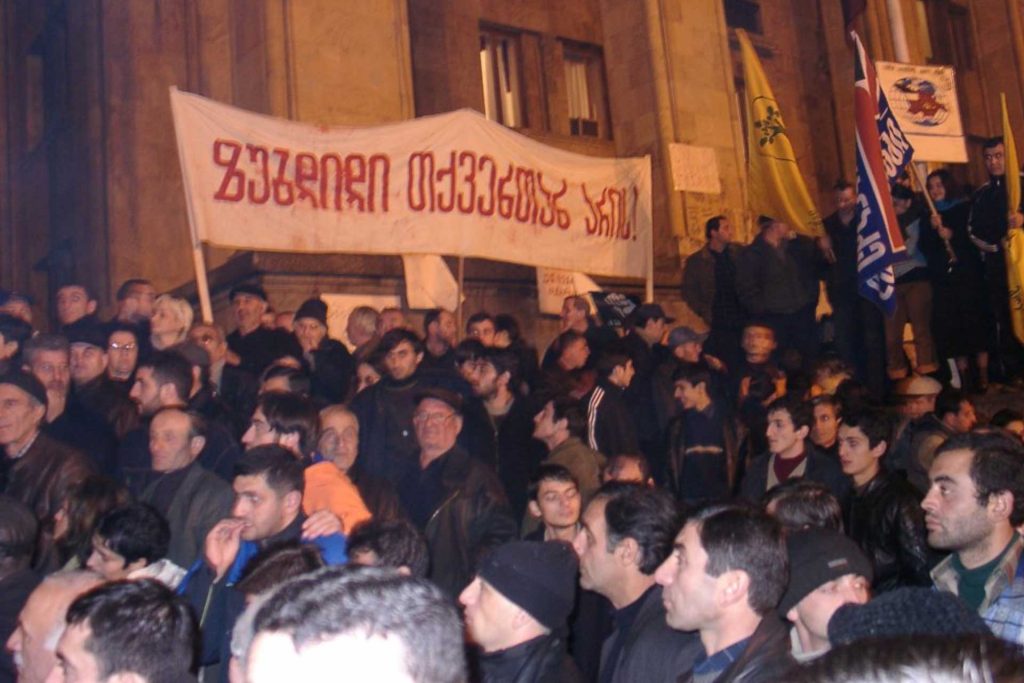
US State Department Spokesperson Edward Price said the US stands with all those who peacefully exercise their rights to speak freely, assemble and hold their governments to account. The law is incompatible with EU values and standards, European Union Foreign Policy Officer Josep Borrell said in a statement: “This is a very bad development for Georgia and its people.”
In Georgia, opposition parties as well as President Salome Zourabichvili expressed their support for the protesters, saying: “The protesters represent a free Georgia that sees its future in Europe”. In the aftermath, the bill was unconditionally withdrawn in order to avoid polarization in society.
Yesterday to Today: Georgia, Russia and the West
The struggle for influence between the West and Russia, which began in the Caucasus after the collapse of the Soviet Union, pushed Georgia away from Russian influence and towards integration with the West. In the following years, Georgia entered into close cooperation with the EU and NATO, which inevitably brought Georgia into confrontation with Russia. In the process that became evident after Putin came to power, various elements of pressure were used, but contrary to what was intended, Georgia’s integration with the West accelerated. In this regard, it may be useful to explain a few historical events.
Rose Revolution
On November 2, 2003, national and international observers monitored the parliamentary elections in Georgia, which confirmed the allegations of electoral fraud and led to peaceful demonstrations against the government in Tbilisi. Most of the democratic opposition forces joined this movement, which was supported by the United States. On November 22, President Eduard Shevardnadze was forced to step down and a revolution took place. This was considered one of the biggest steps towards democratization for Georgia. With the election of the pro-Western Mikheil Saakashvili as president, Georgia’s growing rapprochement with the West further irritated Russia.
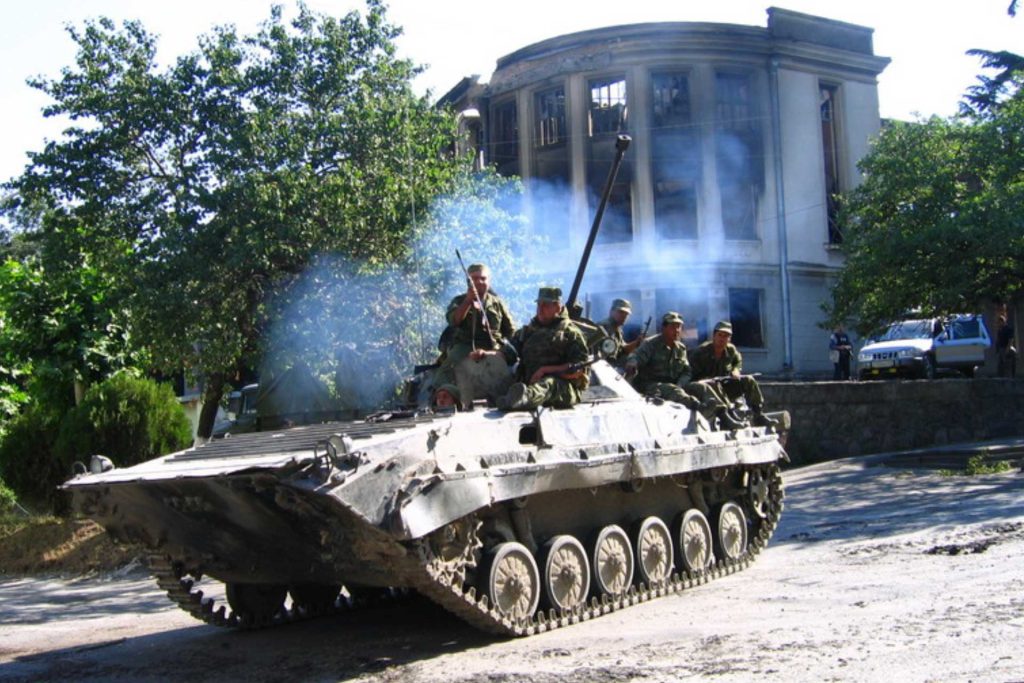
2008 South Ossetia War
After the collapse of the Soviet Union, South Ossetia and Abkhazia were the two regions that demanded secession from Georgia. In the following years, the Commonwealth of Independent States (CIS) treaty, which Russia signed with the former Soviet members to exploit this secession, obliged Georgia to do so, even though it did not agree with it. In the run-up to the conflict, the Rose Revolution and Russia’s support for separatists in the regions at the expense of the government brought the two countries face to face again. Tensions escalated considerably in April 2008 and turned into hot clashes in July. The war officially started in August 2008 and lasted for 5 days (hence the name “Five Day War”). Despite the support of the US, Israel and Ukraine, the war ended on August 12 with Georgia’s defeat after Russia launched cyber attacks, various sanctions and Georgia announced its withdrawal from the CIS. On August 16, a ceasefire agreement was signed between the parties. South Ossetia and Abkhazia seceded from Georgia and declared themselves independent states. Russia and only a few other states recognized their independence.
Conclusion
Georgia, which officially applied for EU and NATO membership, has not yet become a member of these organizations. However, it is known that it is striving for membership. If we call this a failure, we can say that the main concept behind this failure is “geographical location”. How possible it is for a country bordering Russia to take steps towards integration with the West by taking a rather radical stance and, of course, to be successful in this field is a matter of debate. Since the collapse of the Soviet Union, it is obvious that Russia does not want a pro-Western state in Eastern Europe. With the emergence of rising economic power China as a new actor in this power struggle, the bipolar world order is slowly giving way to a multipolar world order. Of course, this process may not be easy for developing countries like Georgia, which adopt policies that are contrary to their geographical (geopolitical) conditions.
The protest against the law was only a small manifestation of the political rift between the government and the people that has been visible since the Georgian government refused to take sides in the Ukrainian war. In the coming years, we may witness the reappearance of such antagonisms. EU membership is unlikely for Georgia in the foreseeable future, but steps towards it could make the country more democratic and improve its welfare. This is one of the most important EU membership criteria.
Omer Valyozoglu
Koç University

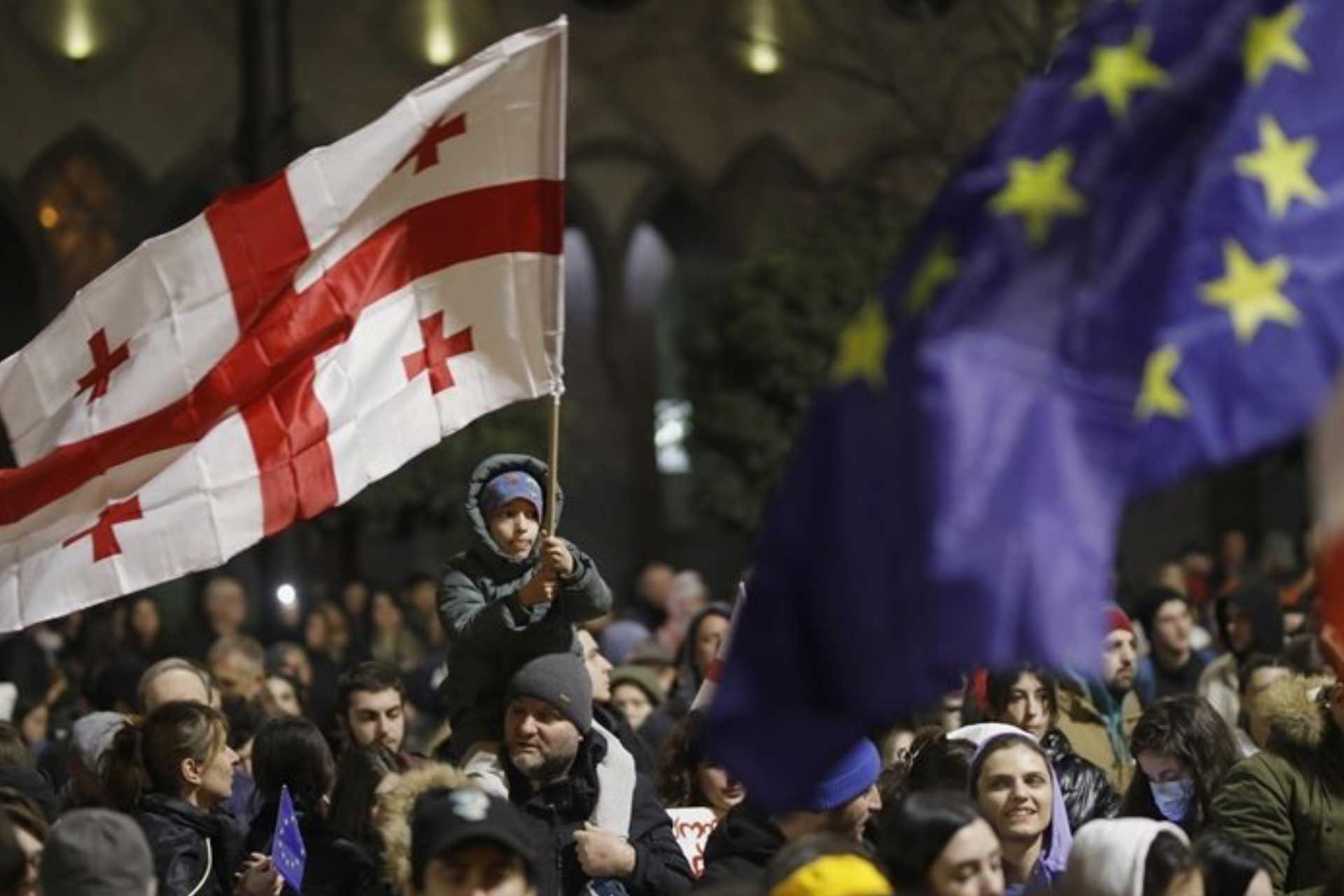
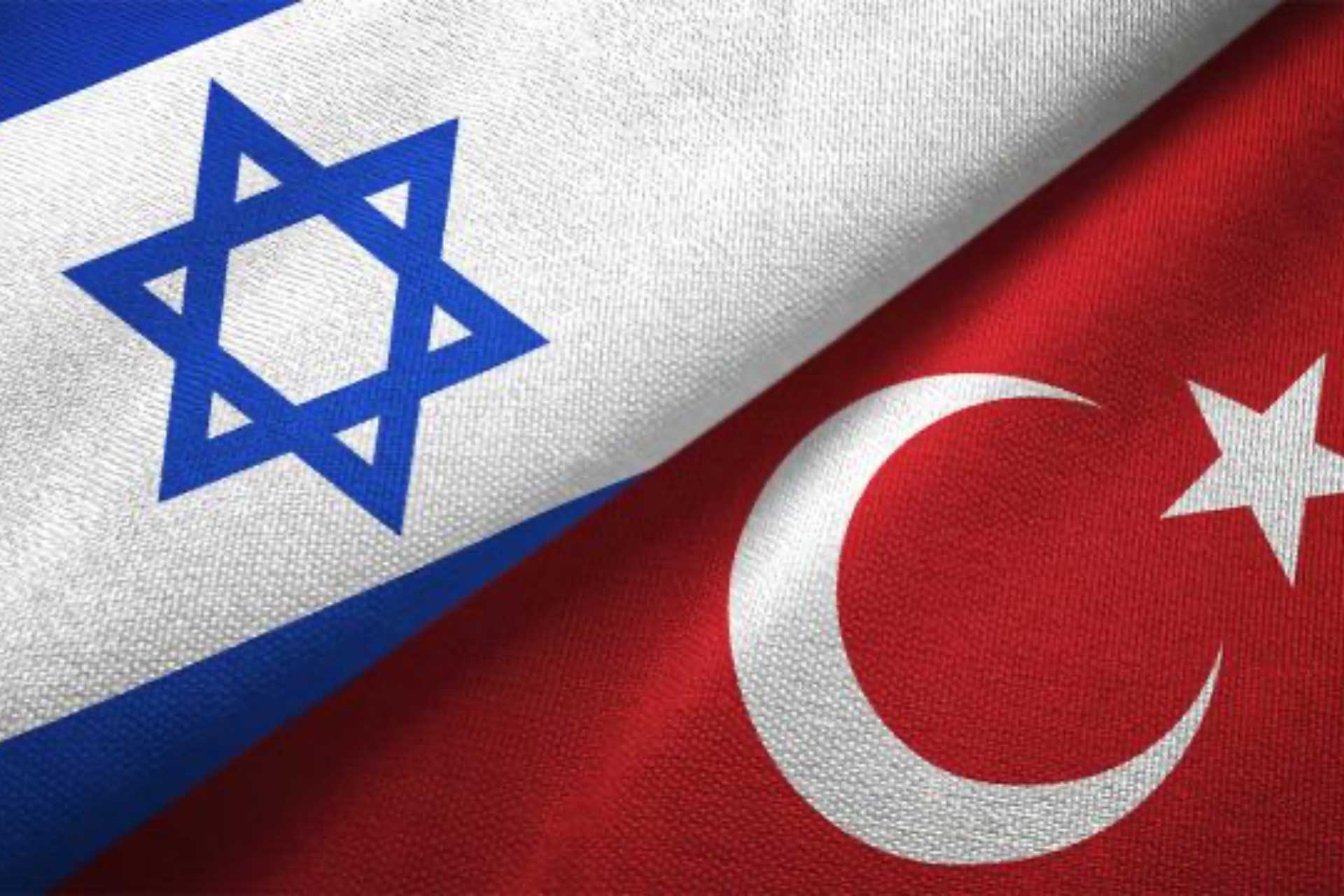

Comments